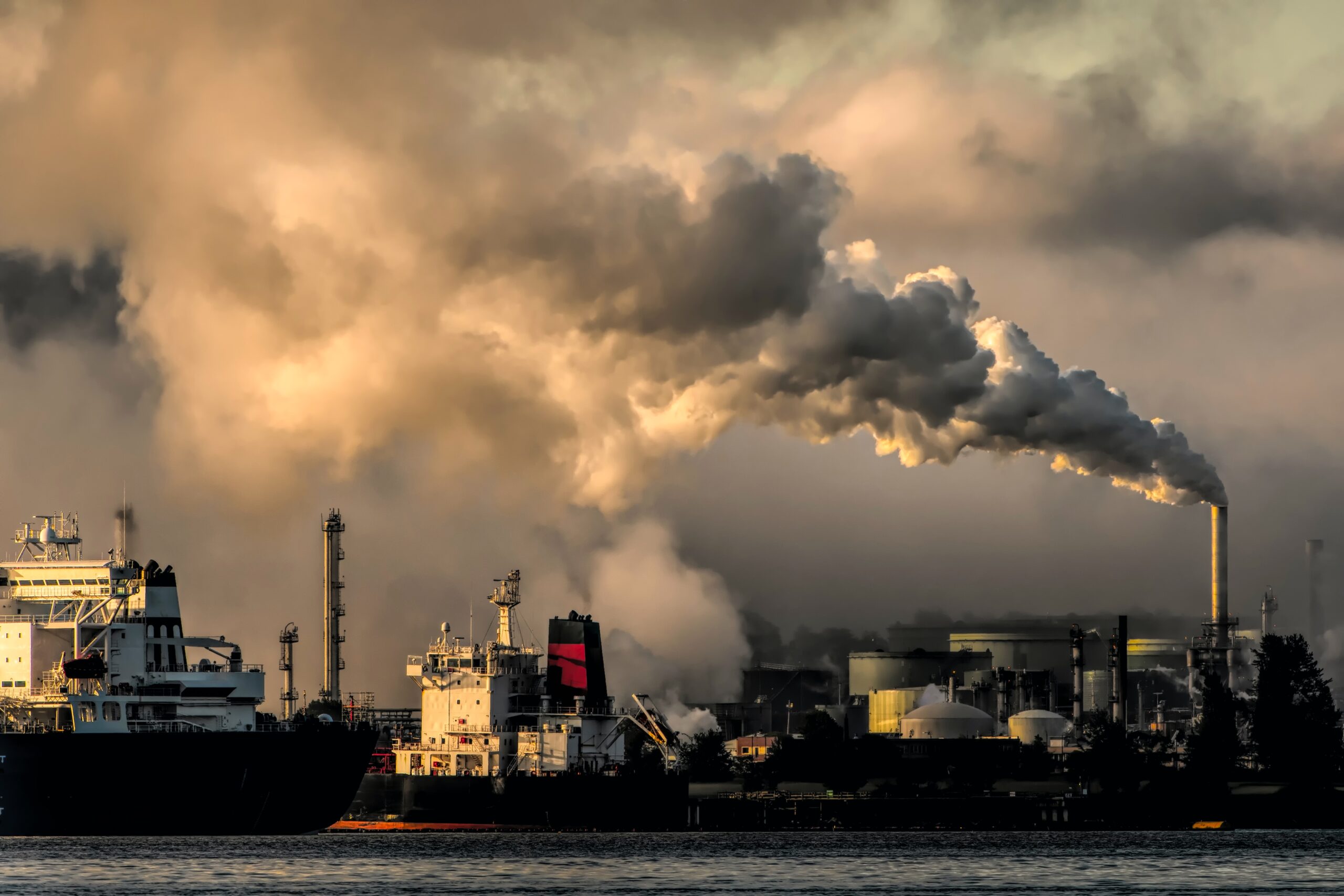Air pollution is a growing problem that has significant impacts on both human health and the environment. Remediation is crucial to address this issue. It refers to the presence of harmful substances in the air, including gases, particles, and biological molecules, which contribute to pollution and contamination. In this article, we will explore the causes and effects of air pollution, as well as some of the solutions that can help to reduce emissions and improve the Air Quality Index.
Causes of Air Pollution
Industrial Activities
Industrial processes that involve burning fossil fuels, such as coal and oil, are a major source of pollution. These activities release large amounts of pollutants into the air, including sulfur dioxide, nitrogen oxides, and particulate matter. Implementing sustainable development practices in industries can minimize their environmental impact and promote the use of renewable energy sources, reducing the carbon footprint.
Transportation
Cars, trucks, and other vehicles are significant contributors to air pollution. They emit nitrogen oxides, particulate matter, and other pollutants that can have negative impacts on human health and the environment. Promoting the use of electric vehicles can significantly reduce emissions and greenhouse gases, improving air quality and reducing the overall carbon footprint.
Agricultural Practices
Agricultural activities, such as crop burning, use of pesticides and fertilizers, and animal waste management, also contribute to pollution. These practices release large amounts of methane and nitrous oxide, which are greenhouse gases that contribute to climate change. Implementing sustainable agricultural practices, waste management strategies, and utilizing biodegradable alternatives can help mitigate these environmental issues.
Natural Sources
Natural sources of pollution include wildfires, dust storms, and volcanic eruptions. While these events are not within human control, they can still have significant impacts on air quality and public health. Environmental monitoring and appropriate response strategies are essential for minimizing the negative effects of natural sources of pollution.
Effects of Air Pollution
Health Effects
Air pollution can cause a range of health problems, including respiratory issues, heart disease, and cancer. It can also exacerbate existing conditions such as asthma and allergies. Remediation efforts to reduce pollution are vital for protecting human health and preventing further harm.
Environmental Effects
Air pollution can have negative impacts on ecosystems, including acid rain, damage to crops, and the depletion of ozone. Additionally, it contributes to climate change, resulting in more severe weather events and rising sea levels. Implementing waste management practices and reducing emissions of greenhouse gases are crucial for minimizing the environmental impact of air pollution.
Solutions to Reduce Air Pollution
Alternative Energy Sources
Switching to renewable energy sources such as wind, solar, and hydropower can help to reduce pollution caused by burning fossil fuels. By prioritizing sustainable development and adopting renewable energy, we can significantly reduce the carbon footprint and mitigate the environmental impact.
Electric Vehicles
Increasing the use of electric vehicles can also help to reduce pollution caused by transportation. Electric vehicles produce zero emissions, contributing to improved air quality and reduced pollution. Encouraging the adoption of electric vehicles and developing the necessary infrastructure is crucial for sustainable transportation.
Government Policies
Governments can implement policies such as emissions standards, carbon taxes, and regulations on industrial activities to help control pollution. These policies can encourage businesses to adopt eco-friendly practices, reduce emissions, and invest in technologies for sustainable development. Furthermore, conducting environmental impact assessments can ensure that industrial activities are carried out with minimal harm to the environment.
Conclusion
Air pollution is a significant problem that has negative impacts on human health and the environment. By understanding its causes and effects, we can take action to reduce pollution through sustainable practices, renewable energy sources, and government policies. It is important that we all work together to tackle this issue and promote remediation efforts to create a healthier and cleaner future. By actively reducing pollution and implementing eco-friendly practices, we can effectively manage contamination and protect the environment for ourselves and future generations. Environmental monitoring and remediation play a vital role in mitigating pollution and ensuring a sustainable future. Let’s strive for renewable energy, sustainable agriculture, waste management, and effective environmental impact assessments to minimize the environmental impact and create a greener, healthier planet.
